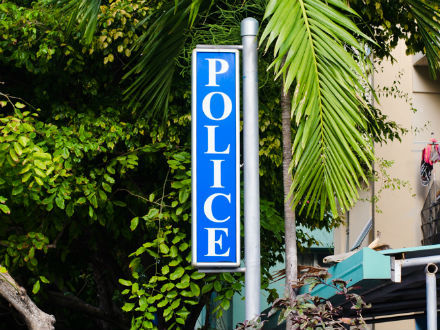Three questioned in hate speech probe
Police launched an investigation after a public chat channel started branding individuals as apostates.

14 Jan 2019, 09:00
At least three people have been questioned in an investigation launched by police into hate speech and death threats after a public chat channel started branding individuals as apostates.
Sheikh Ali Zaid was questioned on Sunday evening after Aishath Aniya, a host on Minivan Radio, and Siruhaan Mohamed, an online campaigner for strict Islamic sharia, were summoned to the police headquarters during the past week.
Aniya told the Maldives Independent she has been targeted by extremists online after she tweeted a photo of the King Salman Mosque under construction in Malé and complained about the “ugly structure” blocking her view of the airport.
The January 2 tweet prompted criticism from renowned local clerics who implied that Aniya was laadheenee (irreligious or secular).
Become a member
Get full access to our archive and personalise your experience.
Already a member?
Discussion
No comments yet. Be the first to share your thoughts!
No comments yet. Be the first to join the conversation!
Join the Conversation
Sign in to share your thoughts under an alias and take part in the discussion. Independent journalism thrives on open, respectful debate — your voice matters.




